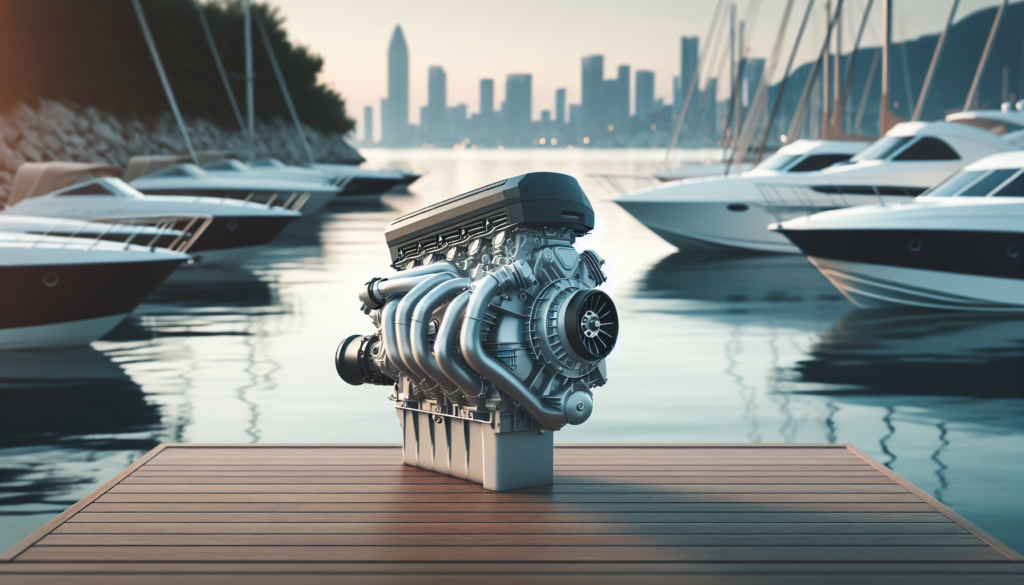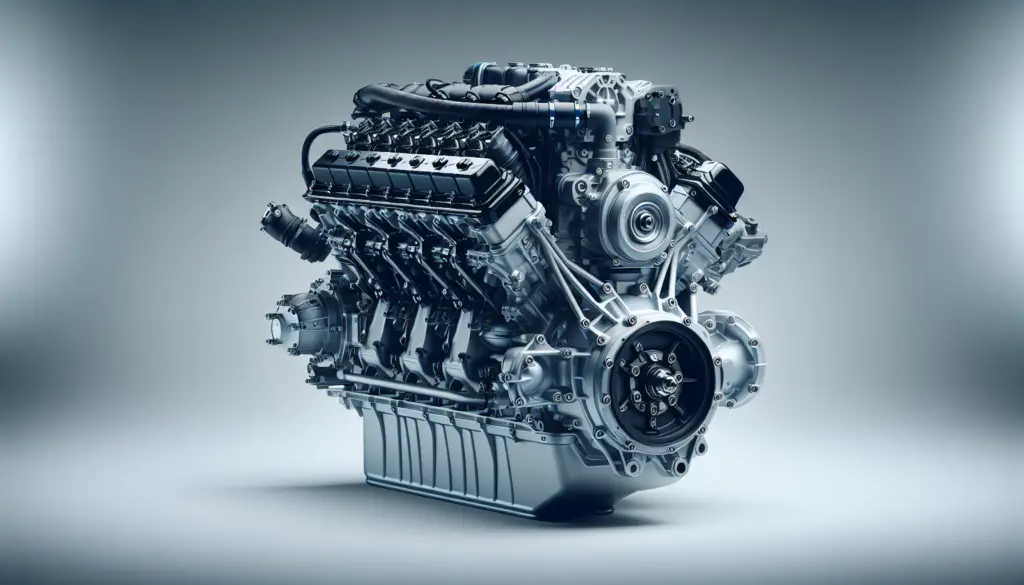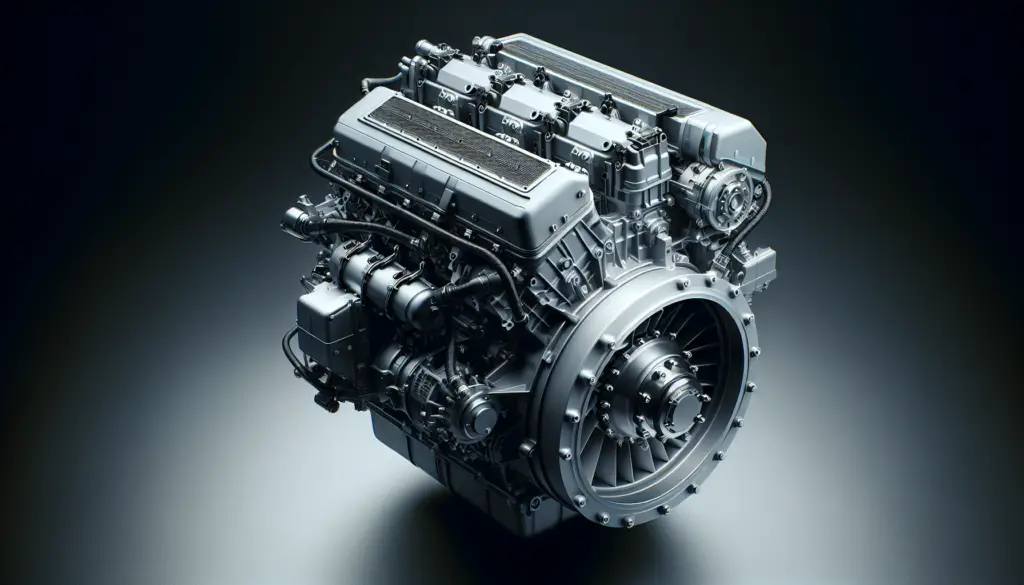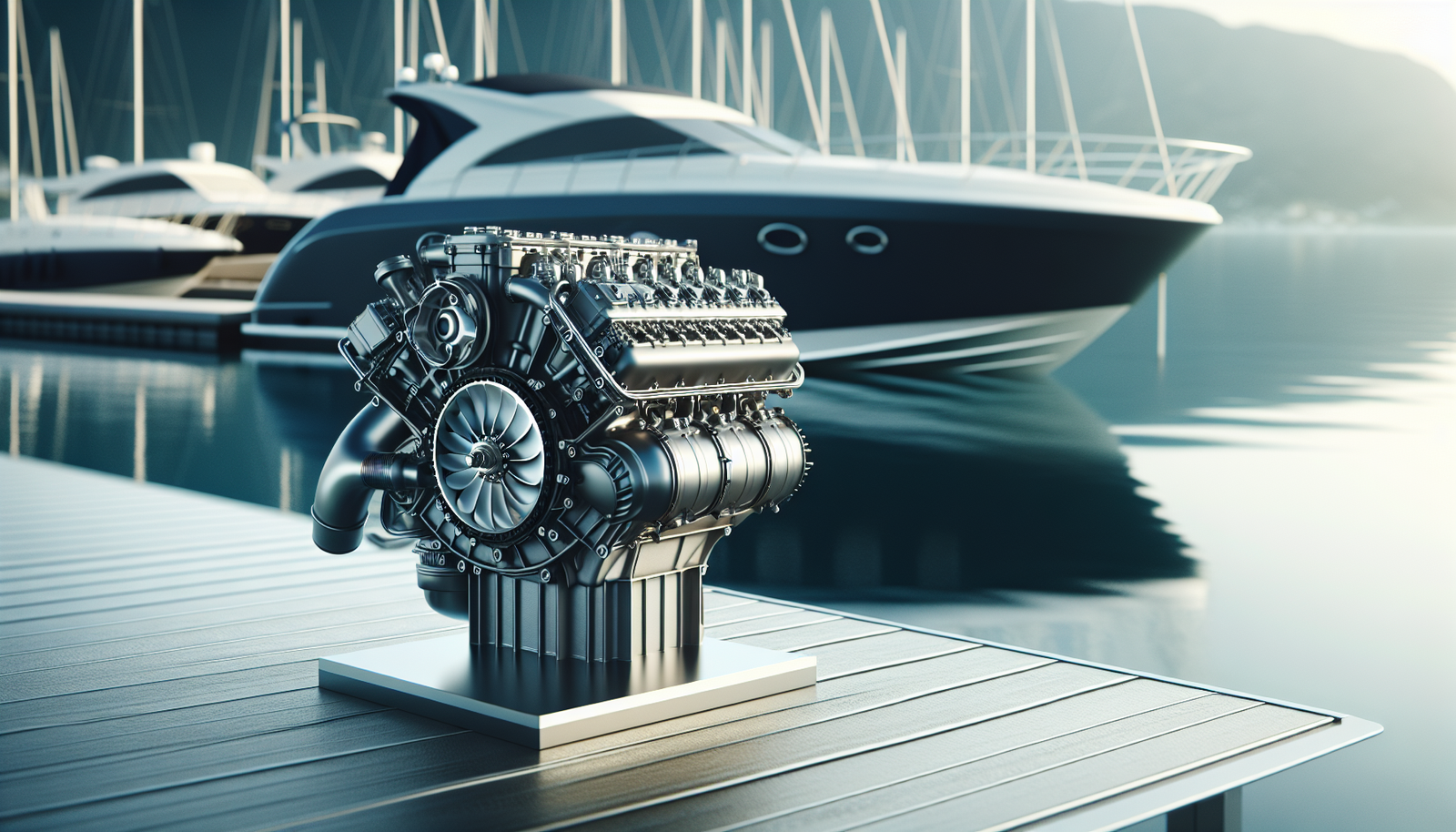Navigating the world of boat engines can often feel like uncharted waters, especially when it comes to low-emission options. This guide on low-emission boat engines is designed to be your compass, pointing you in the right direction as you seek to reconcile your love of boating with your desire to do right by the environment. With evergreen tips, updated insights, and helpful comparisons, you’ll be equipped to make an informed and eco-conscious decision on your next boat engine purchase. Let’s set sail and chart a course for smoother, greener waters.

Understanding Low-Emission Boat Engines
When it comes to boats, one of the hottest topics today is low-emission engines. You might have heard about them a lot, but what exactly are they? And why are they so important?
Defining low-emission engines
Low-emission boat engines are cleaner versions of traditional boat engines. They are designed in such a way that they emit fewer pollutants compared to regular engines. They primarily release less carbon dioxide (CO2), nitrogen oxides (NOx), and particulates.
The significance of low-emission engines
We’re living in an era where the environmental impact of our actions is under great scrutiny. Traditional boat engines, although powerful and effective, tend to emit substantial amounts of greenhouse gases and pollutants. This is where low-emission engines outshine their traditional counterparts. They aim to strike a balance between power and environmental responsibility.
How low-emission boat engines work
Simply put, low-emission boat engines function in a similar way to regular engines, but with a key difference in the combustion process that makes them more efficient and cleaner. They use technologies such as catalytic converters, electronic fuel injection, and advanced cleaning systems that aim to minimize the release of pollutants.
Types of Low-Emission Boat Engines
There are various types of low-emission boat engines. Let’s delve into each one a bit.
Two-Stroke Engines
Two-stroke engines have traditionally been less efficient and more pollutant, but today’s versions are designed to be cleaner and more efficient. They use direct fuel injection systems to significantly reduce emissions and increase efficiency.
Four-Stroke Engines
Four-stroke engines, on the other hand, are generally more efficient and cleaner than two-stroke engines. They run smoother, quieter, and release fewer emissions due to a more efficient combustion process.
Electric engines
Electric boat engines are the cleanest options currently available. They don’t burn fuel, so there are no emissions to worry about. They’re quiet, efficient, and require less maintenance than internal combustion engines.
Hybrid engines
hybrid engines are the best of both worlds. They harness the power of a traditional engine, with the efficiency and cleanliness of an electric engine. They are power-oriented when required and shift to efficiency mode when necessary.

Benefits of Using Low-Emission Boat Engines
Low-emission boat engines have various benefits, both for you as a boat owner and for the environment.
Environmental benefits
Given that low-emission boat engines release fewer pollutants than regular engines, they are kinder to the environment. This means you can enjoy your boating activities without being too worried about causing harm to Mother Nature.
Fuel efficiency
These engines are designed to be more fuel-efficient. They burn fuel cleaner and use less of it, which means you’ll save on fuel costs in the long run.
Reduced maintenance cost
Low-emission boat engines tend to have fewer moving parts, meaning less wear and tear. As a result, they often require less maintenance than traditional engines. This adds up to savings over time.
Improved performance
Today’s low-emission engines have been engineered to offer superior performance. They run smoother and quieter and often deliver more torque and power than traditional units.
Factors to Consider When Buying Low-Emission Boat Engines
There are several factors to consider when it comes to purchasing a low-emission boat engine.
Engine Size and Power
This really depends on what you’ll be using your boat for. If you’re looking for speed and power, a larger engine may be the way to go. However, it’s worth noting that larger engines may also consume more fuel, so it’s a matter of finding the right balance.
Fuel Type and Efficiency
Whether it’s gas, diesel, or electric, each low-emission engine type has its own set of benefits and drawbacks. Consider the availability of fuel, efficiency levels, and running costs.
Noise and Vibration Levels
One of the benefits of low-emission boat engines is that they’re generally quieter than traditional ones. Still, different types produce varying levels of noise and vibrations.
Compatibility with your boat
Not all engines are compatible with all boats. Consider your boat’s design and specifications when choosing an engine.
Price and Value for Money
Always remember that the upfront cost of the engine isn’t the only consideration. Also factor in running and maintenance costs, fuel efficiency, and the engine’s expected lifespan.

Price Range of Low-Emission Boat Engines
When it comes to pricing, there’s a wide range depending on the type, brand and specifications of the engine.
Factors affecting the price
The engine’s power, type, brand, and size, among other things, all play a role in determining its price. Also, newer technologies like hybrid engines can command higher prices.
Typical price range
Depending on the type and capabilities of the engine, you can expect to pay anywhere from a few thousand dollars to upwards of $30,000. It’s a broad range indeed.
How to find good deals
Keep an eye on sales from big retailers, both online and offline. Also, consider attending boat expos – these often coincide with sales events.
Cost versus benefits analysis
When deciding on a low-emission boat engine, consider the long-term benefits versus the upfront cost. An engine that’s more expensive initially might save you money in the long run with lower maintenance and fuel costs.
Best Brands for Low-Emission Boat Engines
There are several renowned brands in the low-emission boat engine market.
Top brands to consider
Some of the top brands to consider include Yamaha, Mercury, Honda, Suzuki, and Torqeedo for electric boat engines.
Comparing different brands
When comparing brands, look beyond the price. Consider factors such as the engine’s power, efficiency, reliability, noise levels, and maintenance requirements.
Brand reputation and reviews
Brand reputation matters. Research thoroughly, but also draw from the experiences of other boaters. Reviews can provide valuable insights into the performance and reliability of different brands.

Where to Buy Low-Emission Boat Engines
You can buy low-emission boat engines in several places.
Local Boat Dealers
Local boat dealers are a great place to start. They can offer good advice and help you choose the right engine for your boat.
Online Stores
There are also several online stores where you can purchase low-emission boat engines. Some even offer installation services.
Boating Expositions and Events
These events often showcase the latest technologies and offer special deals on engines.
Used Boat Engine Marketplaces
If you’re on a tight budget, you might want to consider buying a used low-emission boat engine. There are plenty of marketplaces where you can find second-hand units in good condition.
Installation and Maintenance of Low-Emission Boat Engines
Proper installation and maintenance are essential in ensuring that your engine stays in tip-top condition.
Understanding the installation process
The installation process can be complicated if you’re not familiar with it. It’s best to have your engine professionally installed to ensure optimal performance.
Routine maintenance tips
Regular maintenance is critical to ensure that your low-emission boat engine keeps running smoothly. This could include regular oil changes, checking and replacing the spark plug, and inspecting the fuel system.
Costs of maintenance
Keep in mind that while low-emission boat engines tend to be less expensive to maintain, they’re not entirely maintenance-free. Always include potential maintenance costs in your budget.
Finding qualified engine service professionals
Finding a reliable and qualified service professional is crucial. Make sure they’re experienced in dealing with low-emission boat engines.
Understanding the Regulations and Standards
When it comes to low-emission boat engines, you need to be aware of the applicable regulations and standards.
International regulations
Internationally, there are emission standards set by bodies like the International Maritime Organization. These regulations specify the acceptable levels of pollutants that boat engines can emit.
US Federal and State regulations
In the US, the Environmental Protection Agency regulates boat engine emissions at the federal level. However, individual states may also have their own regulations, so be sure to research the laws in your location.
European regulations
The European Union also has strict emission standards for boat engines. If you’re boating in EU waters, ensure your engine is compliant.
Future Trends in Low Emission Boat Engines
As we move towards a more eco-conscious future, trends in the low-emission boat engine industry point in a few interesting directions.
Emerging technologies
With advancements in tech, we can expect to see more efficient and cleaner low-emission boat engines. These could include innovations in battery technology for electric engines or improvements in fuel efficiency for hydrocarbon engines.
Shift towards eco-friendly power sources
The shift towards more eco-friendly power sources will continue, with more emphasis on electric and hybrid engines.
Anticipated legislation and regulation changes
Further anticipated changes in emissions regulations will undoubtedly influence future engines. Stay informed about these potential changes, as they may affect your choices in the future.
In conclusion, low-emission boat engines offer an impressive blend of efficiency, power, and environmental friendliness. By choosing such an engine for your boat, you’re investing not just in your boating experience but also in the future of our planet.

